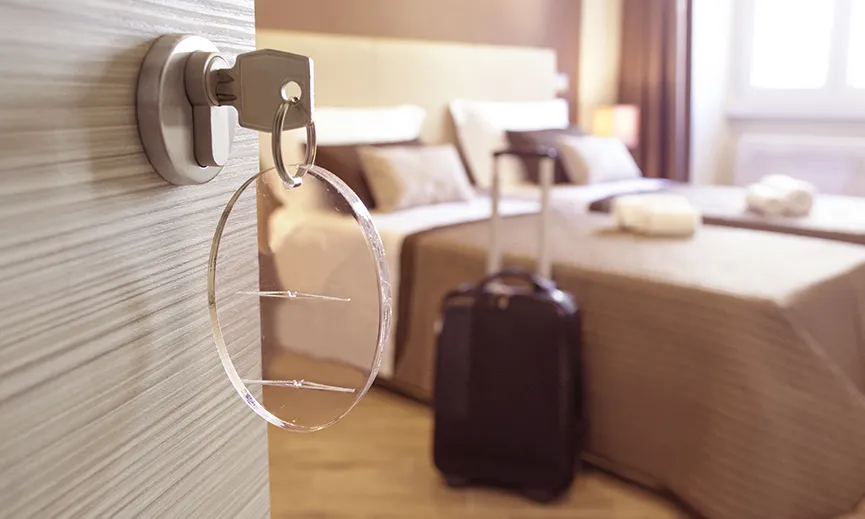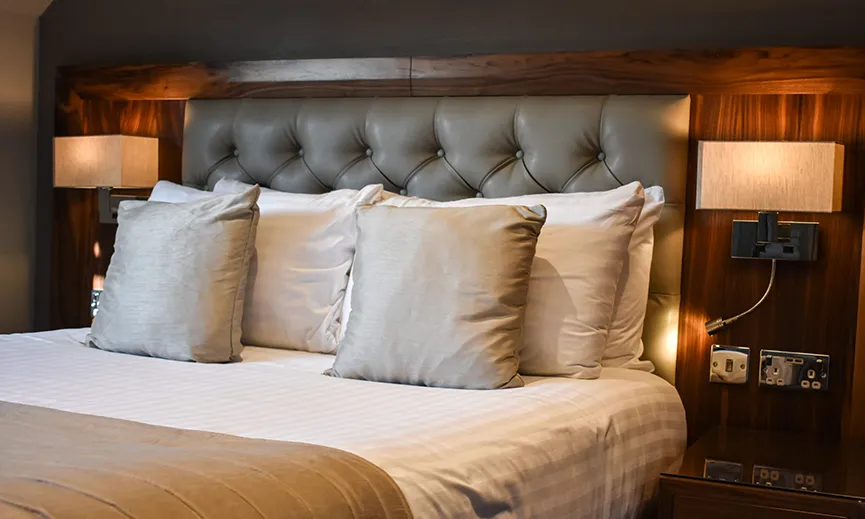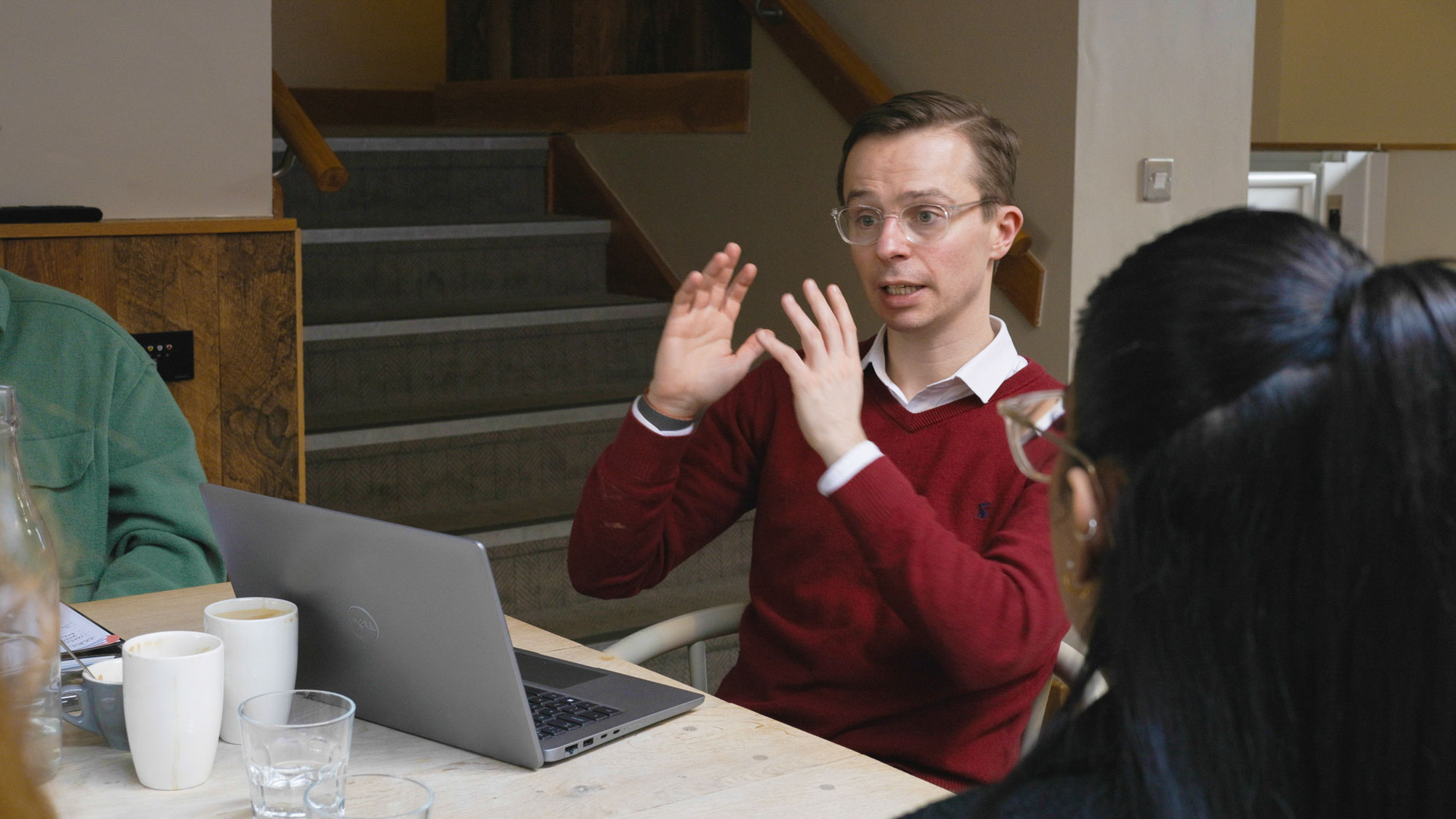
Pub Accommodation Review 2025
Customer retention is just as, if not more, important than attracting new customers through your doors. Amidst squeezed consumer spending and a challenging trading environment for hospitality, operators need to be doing everything they can to drive repeat business and keep guests coming back again and again.
In this article, Dan Brookman, founder and CEO of customer data management and broadcast platform Airship, shares his top three considerations for operators looking to drive customer retention.
Last year, we recorded 81 million digital signatures from consumers in hospitality, based on the passive data that we hold for 45 million members of the public. The opportunity to collect passive data from all the different points at which a customer engages with technology – whether that’s room & table bookings, Wi-Fi, vouchers, customer feedback or photo booths has never been greater.
Every digital signature, which we call a Proof of Presence or PoP, represents a moment to understand your customer more, and to know the profile of the customer that is delivering the most value. And that’s where the magic happens: the more frequent those interactions, the more opportunity you have to create more customers like those visiting most often.
Once you’ve gathered all this data, it’s time to put it to work. For example – birthdays. We’ve found that 45% of people who open an automated ‘Happy Birthday’ e-mail, will end up visiting within 30 days. That’s huge. The key is making sure those emails are timed well and personalised. A simple nudge after a recent visit, or a targeted offer based on a customer’s behaviour, can bring them back to your venue.
2. Focus on frequency
In hospitality, we talk a lot about loyalty, but I call it frequency. There’s a real difference between the two in terms of how you approach them.
If we really want to build a strong, engaged customer base, it’s about driving consistent visits. Whether your customer is dormant, occasional, active, or lapsed, tracking their engagement can show you how to spark more frequent visits.
Here’s a great example: a pub company we work with found that 56% of dormant guests came back after being offered the right incentive. The ones who had opted into marketing saw even better results. It’s proof that engaging with customers, and offering them value, can bring them back to your venues time and time again.
3.Create a Value Exchange (VX)
To get people to come back, you have to create a value exchange. This isn’t complicated, it’s simply about creating something that the customer can see clearly what they’ll get in return for the data that they are providing. You can focus the rewards around your value driving occasions; private dining rooms, weekly specials, functions rooms, extra nights stay and of course surprise and delight.
For example, offering a reward for a special occasion enables you to collect that piece of data, you can then drive a visit and help share in that special occasion with your customer. Driving emotional loyalty connected to a special occasion will embed lifelong loyalty (as long as you deliver it well!)
The Value Exchange simplifies the approach to marketing, taking all customers on the same journey, it can help you focus on running active database sign-up campaigns and convert your social data into CRM data (first party).
Loyalty apps can still play a really important role as part of the overall mix. I think where a lot of operators still fail, is that they implement loyalty without first putting their existing data to work, and that’s a massive missed opportunity.

Pub Accommodation Review 2025

Seamless stays and smooth operations: The impact of Zonal PMS on pub accommodation

Unlock new revenue: How accommodation can boost your pub business

GO Technology: Hotels and consumers – Guest expectations and how to meet them

Podcast: The future of hotel management

10,000 job-ready recruits set to boost hospitality industry

Meeting the next generation of hospitality leaders

Universal sustainability: Working together for a greener hospitality industry

Making the business case to Finance for hospitality technology